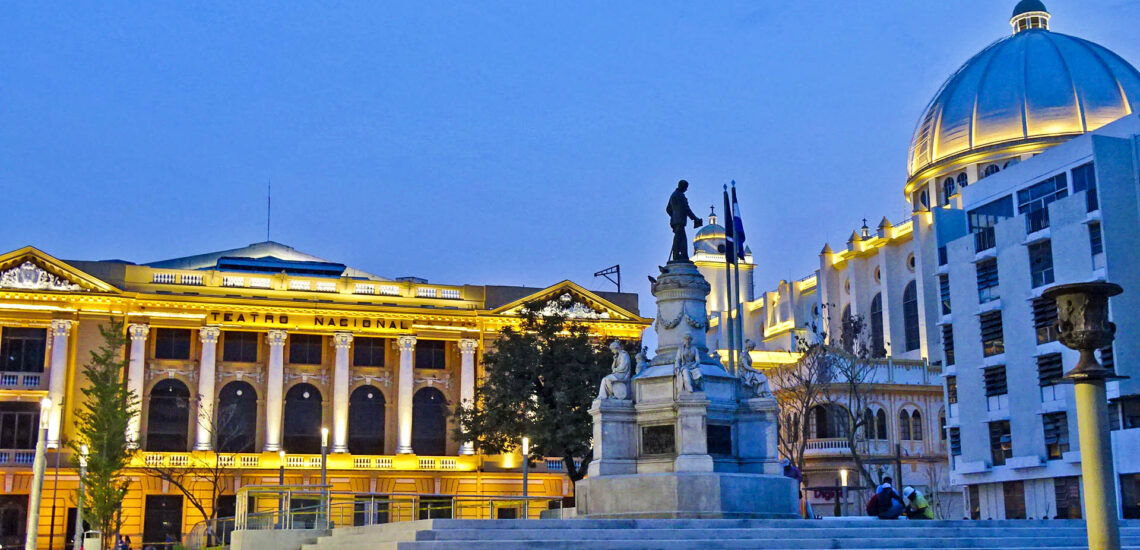El Salvador, nestled in the northern part of Central America, is not just the smallest country in the region but a microcosm of cultural richness. With lush green mountains, Pacific Ocean beaches, and picturesque villages, it offers a diverse array of natural beauty.
The country’s rich history bears the influence of the ancient Maya civilization, evident in El Salvador’s architecture and art. The capital, San Salvador, is a dynamic hub blending tradition with modernity in culture and business.
1 Fact: El Salvador is the smallest country in Central America
El Salvador, the smallest country in Central America, encompasses approximately 21,041 square kilometers (about 8,124 square miles). Despite its modest size, this tiny corner of the world has played a significant role in the region’s history, witnessing extraordinary cultural achievements and transformations. Its influence on shaping Central American identity remains invaluable, persisting through recent times.
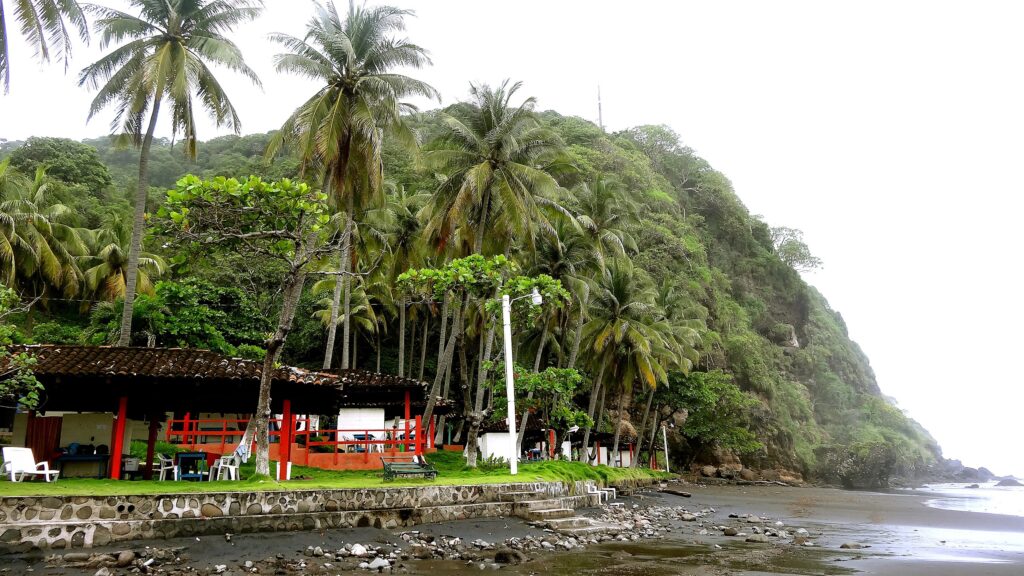
2 Fact: The name “El Salvador” translates to “The Savior” in Spanish
It originated from the country’s full official name, “República de El Salvador” (Republic of The Savior). This name reflects the country’s historical and cultural ties to Christianity, particularly to Jesus Christ, who is often referred to as “The Savior” in Christian theology. The use of this name underscores a connection to religious and spiritual themes in the country’s identity.
3 Fact: El Salvador, Land of the Volcanoes
El Salvador is often referred to as the “Land of the Volcanoes” due to its abundance of volcanoes scattered throughout the country. There are around 23 active volcanoes in this small Central American nation, contributing to its unique geography and offering both challenges and opportunities for the local communities. These volcanoes have become significant geographical landmarks and points of interest for visitors exploring El Salvador.
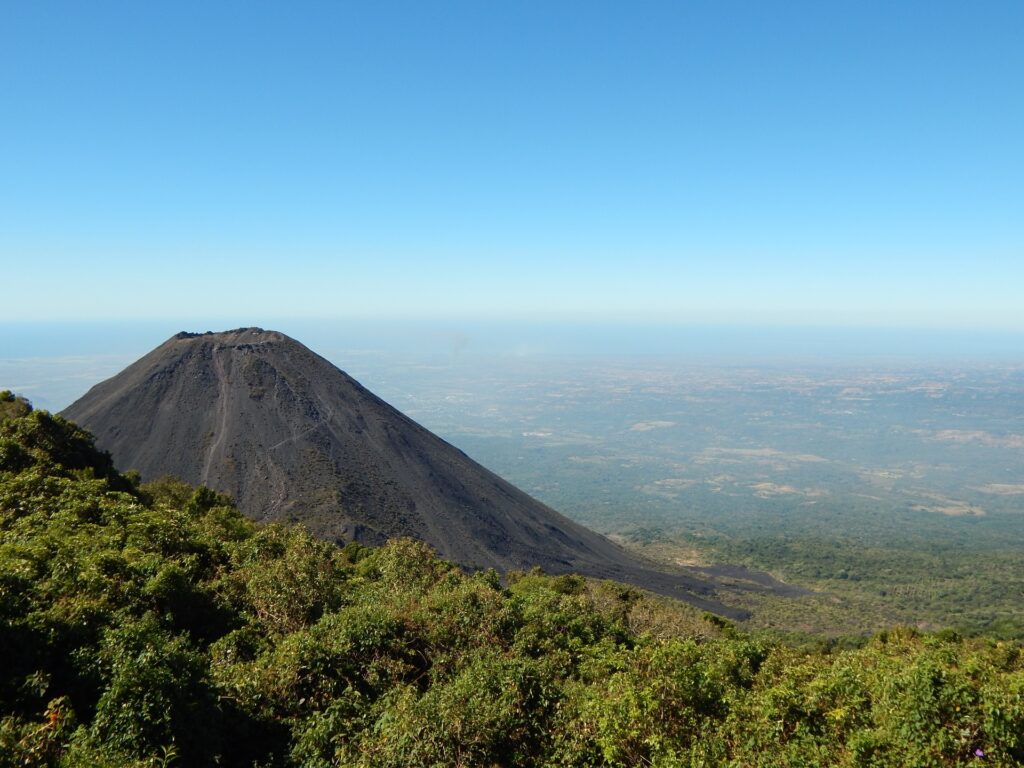
4 Fact: There is also a volcano on the flag of El Salvador
The flag of El Salvador features a prominent image of a volcano. The central emblem on the flag depicts a triangle with a green landscape, a blue sky, and a white volcano rising from the middle. This representation symbolizes the country’s geographical features, specifically its lush landscapes and the numerous volcanoes that shape its terrain. The flag’s design reflects the importance of these natural elements in El Salvador’s identity and history.
5 Fact: El Salvador does not have its own national currency
The country adopted the U.S. dollar in 2001, replacing the Salvadoran colón. This means that El Salvador does not have its own independent national currency, and transactions within the country are conducted in U.S. dollars.
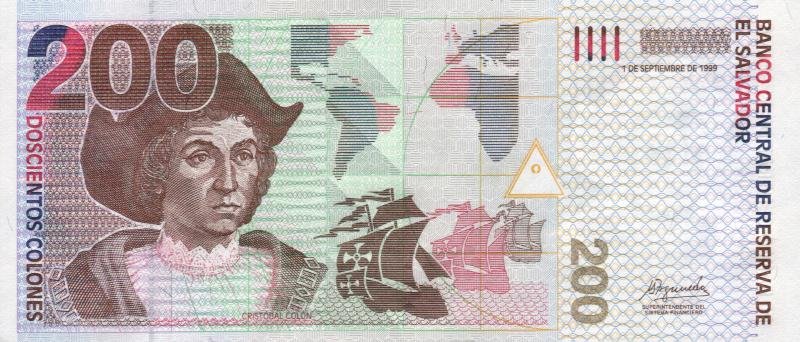
6 Fact: The vast majority of Salvadorans are mestizos
El Salvador has a diverse population, and the majority of Salvadorans identify as mestizos. Approximately 86% of the population is classified as mestizo, reflecting a significant demographic majority. This term encompasses individuals with mixed European (Spanish) and Indigenous American ancestry.
7 Fact: The national cuisine of El Salvador contains dishes made from the flowers
One of the distinctive features of the national cuisine of El Salvador is the use of edible flowers in certain dishes. One notable example is the use of the “loroco” flower in Salvadoran cuisine. Loroco is an edible flower bud native to Central America, and it is often used as an ingredient in various traditional dishes.
One popular dish featuring loroco is the “pupusa,” which is a traditional Salvadoran thick corn tortilla filled with different ingredients. Pupusas can be stuffed with a mixture of loroco and cheese, creating a unique and flavorful combination. The addition of edible flowers adds a distinctive touch to Salvadoran culinary traditions, showcasing the country’s rich biodiversity and cultural heritage.
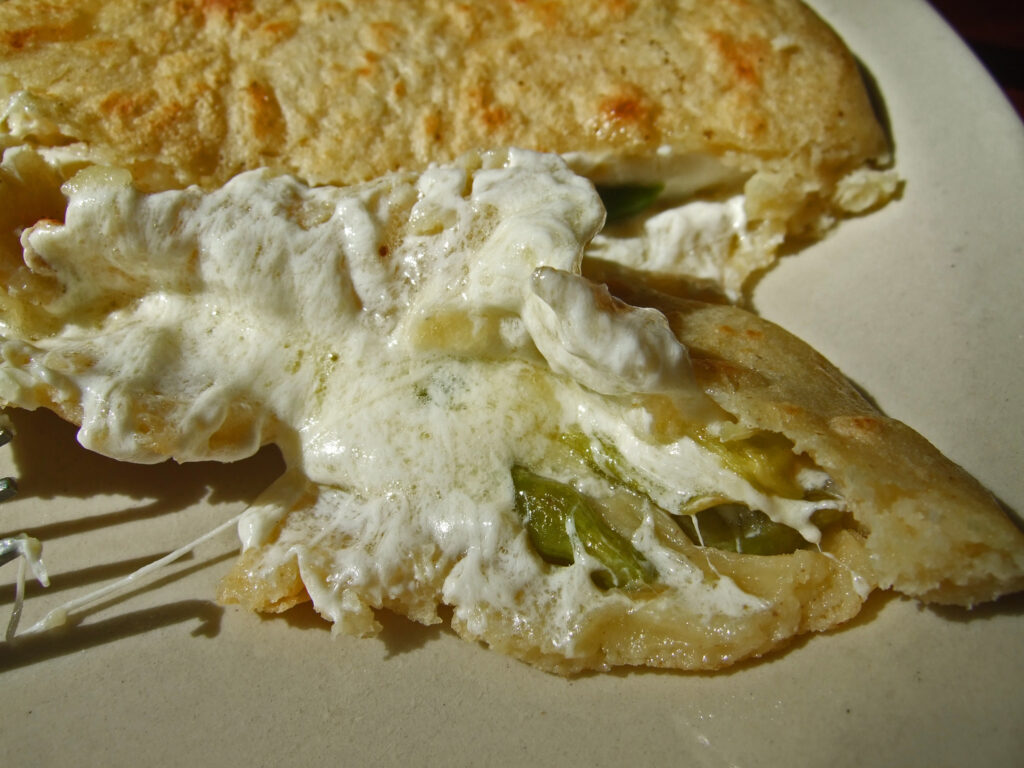
8 Fact: One of the national symbols is the Torogoz
The Torogoz bird, scientifically known as the Turquoise-browed Motmot (Eumomota superciliosa), is indeed a national symbol of El Salvador. This vibrant bird, with its distinctive turquoise and royal blue plumage and long tail feathers, is not only appreciated for its beauty but also holds cultural significance.
The Torogoz was declared the national bird of El Salvador in 1999 due to its presence in the country and its association with folklore and local traditions. It symbolizes freedom and the natural wealth of El Salvador. The bird’s striking appearance and its representation in various forms of art and crafts make it an important icon in Salvadoran culture and a source of national pride
9 Fact: There are pre-colonial pyramids in El Salvador
El Salvador is home to archaeological sites with structures from pre-Columbian civilizations, but it doesn’t have the iconic pyramids associated with the Maya civilization found in other parts of Central America. One notable archaeological site is San Andrés, which was inhabited by the Pipil people.
The structures at San Andrés are not pyramids in the traditional sense but include platforms and ceremonial plazas. The site dates back to around 900 AD, and it provides valuable insights into the pre-Columbian history of the region.
It’s important to note that while El Salvador doesn’t have large pyramids, the archaeological sites in the country contribute to our understanding of the diverse indigenous cultures that existed before the Spanish colonization.
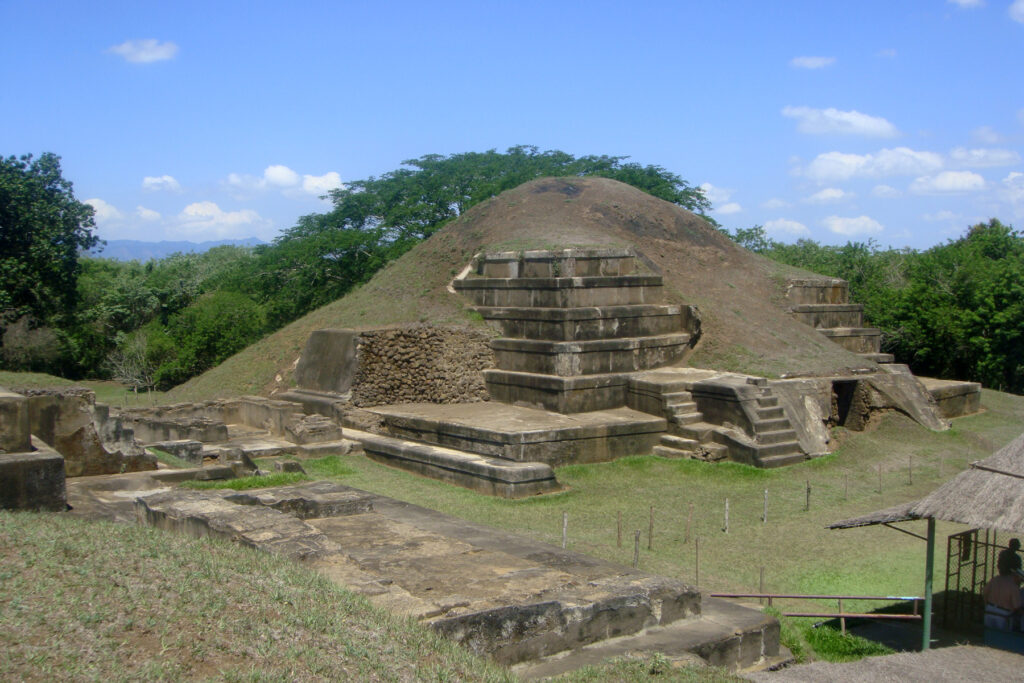
10 Fact: Tourism in El Salvador is growing very fast
The country has made efforts to promote its natural beauty, cultural heritage, and adventure tourism. Notable attractions include beaches along the Pacific coast, such as El Tunco and El Zonte, archaeological sites like Joya de Cerén, and the scenic Ruta de las Flores.
The government has implemented initiatives to enhance infrastructure, promote sustainable tourism, and attract visitors. Additionally, the surf community has recognized El Salvador’s excellent surf conditions, contributing to the country’s appeal among surf enthusiasts.
11 Fact: El Salvador has a long season for surfing enthusiasts
El Salvador boasts a consistent and lengthy surfing season, running from March to October. With its Pacific coastline and popular spots like El Tunco and El Zonte, the country attracts surfing enthusiasts seeking reliable waves and favorable conditions for a significant portion of the year.
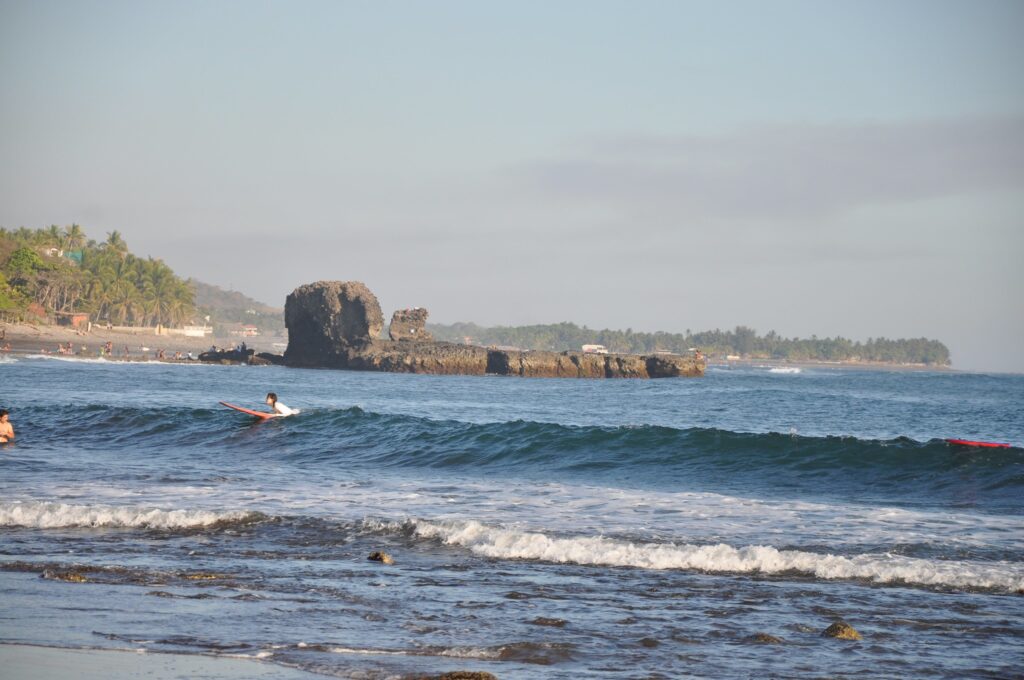
12 Fact: There are still many poor people in the country, forcing people to emigrate
Over 2 million Salvadorans were estimated to be living abroad, and a significant number had emigrated to the United States. The United States hosts the largest Salvadoran diaspora, with cities like Los Angeles, Washington, D.C., and Houston having notable Salvadoran communities. Economic reasons, including poverty and limited job opportunities, have been significant drivers of emigration from El Salvador.
13 Fact: The coffee industry in El Salvador is well-known and significant to the economy
The coffee industry is a crucial part of El Salvador’s economy. Renowned for its high-quality Arabica coffee, the country has been a significant global exporter since the 19th century. Despite economic diversification, coffee remains vital, supporting local farmers’ livelihoods.
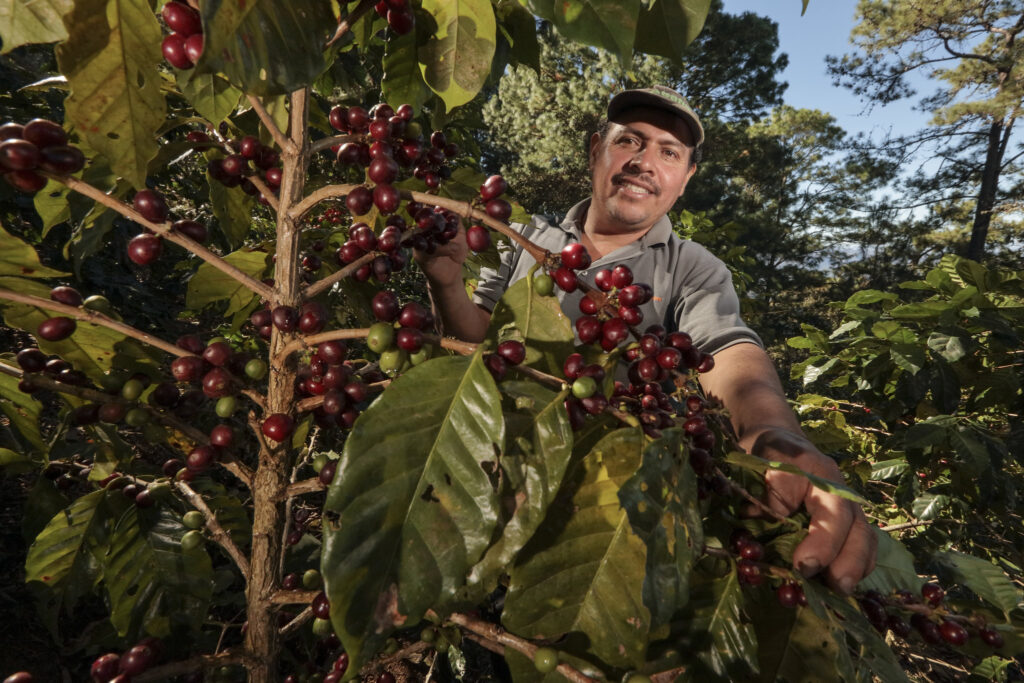
14 Fact: El Salvador’s nature is rich in tropical forests and there are 5 national parks in the country
El Salvador boasts a diverse and rich natural environment, characterized by tropical forests and biodiversity. The country is home to five national parks, each offering unique ecosystems and opportunities for conservation and recreation. These parks contribute to the preservation of El Salvador’s natural heritage and attract visitors interested in experiencing its lush landscapes and diverse wildlife.
15 Fact: El Salvador’s main roads are the best in Central America
El Salvador has made notable improvements in its road infrastructure, and its main roads are often considered among the best in Central America. However, it’s important to note that they may not meet the same standards as roads in the United States. While efforts have been made to enhance safety and connectivity, some roads in El Salvador may still pose challenges, including factors like maintenance, signage, and driving conditions. Travelers are advised to exercise caution, adhere to local traffic regulations, and stay informed about road conditions when navigating through the country.
Depending on your driver’s license, you may need an International Driver’s License to drive in El Salvador.
El Salvador is a really cool place with beautiful nature and a mix of old and new traditions. Despite facing some tough times, the people there are strong and welcoming. Exploring El Salvador is like discovering a unique blend of history, natural beauty, and the awesome spirit of its people. It’s a special place that leaves a lasting impression on anyone who visits.

Published December 22, 2023 • 12m to read

